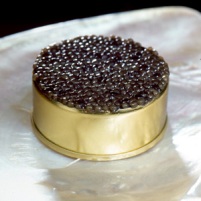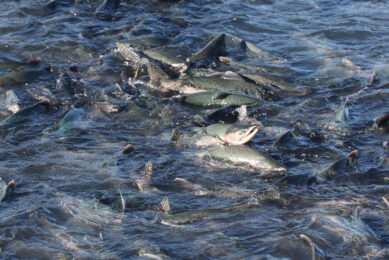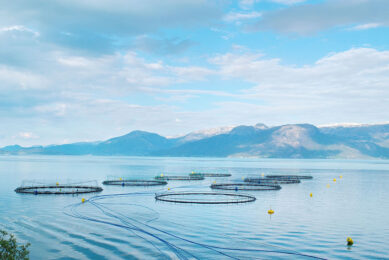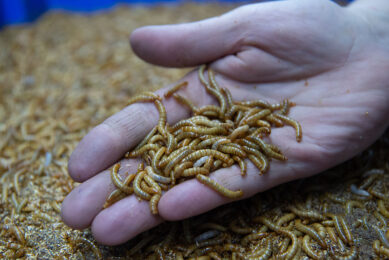Israel to produce its own sturgeons

In the past, the Caspian Sea was the world’s main source of sturgeon that produces the black fish roe delicacy. However, over-fishing and pollution have led to dwindling fishing yields in the region. Scientists at the Hebrew University of Jerusalem are therefore raising the fish in their own country: Israel.
Berta Levavi-Sivan of the Hebrew University’s Robert H. Smith Faculty of
Agricultural, Food and Environmental Quality Sciences and Dr. Avshalom Hurvitz
began rearing the fish eight years ago when they brought fertilized sturgeon
eggs to Israel from the Caspian Sea. According to Sivan, it takes eight to
fifteen years for the female sturgeon to reach puberty and start producing eggs,
while male sturgeon reach puberty after four or five years. Before the age of
four, it is impossible to tell the gender of the fish. In order to determine this, an endoscopy is
routinely carried out on the fish every year. Once the gender of the fish is
determined, they are then separated. Male sturgeon will be sold as fish on the
market, while the female sturgeon will be kept in order to produce
caviar.
Significant demand
The average female sturgeon can produce US$3,000 worth
of caviar. This is proving to be big business for Kibbutz Dan in the north of
Israel, where 40,000 of the sturgeon are now being reared in outdoor pools.
Managing director of ‘Caviar Galilee’ in Kibbutz Dan, Yigal Ben-Tzvi, estimates
that by 2010, the company’s annual revenues will reach US$7.3 million. While
there is significant demand for caviar in Israel among the country’s sizeable
Russian population, the intention of the producers is to market the fish for
export to Europe and North America. Prof. Levavi-Sivan is also now looking for
ways to speed up the puberty process of the female sturgeon in order to reduce
the time it takes to produce the caviar.
Related
folder:
Dossier
AllAbout Aquafeed
Related website:
Hebrew
University
Join 26,000+ subscribers
Subscribe to our newsletter to stay updated about all the need-to-know content in the feed sector, three times a week. Beheer
Beheer









 WP Admin
WP Admin  Bewerk bericht
Bewerk bericht